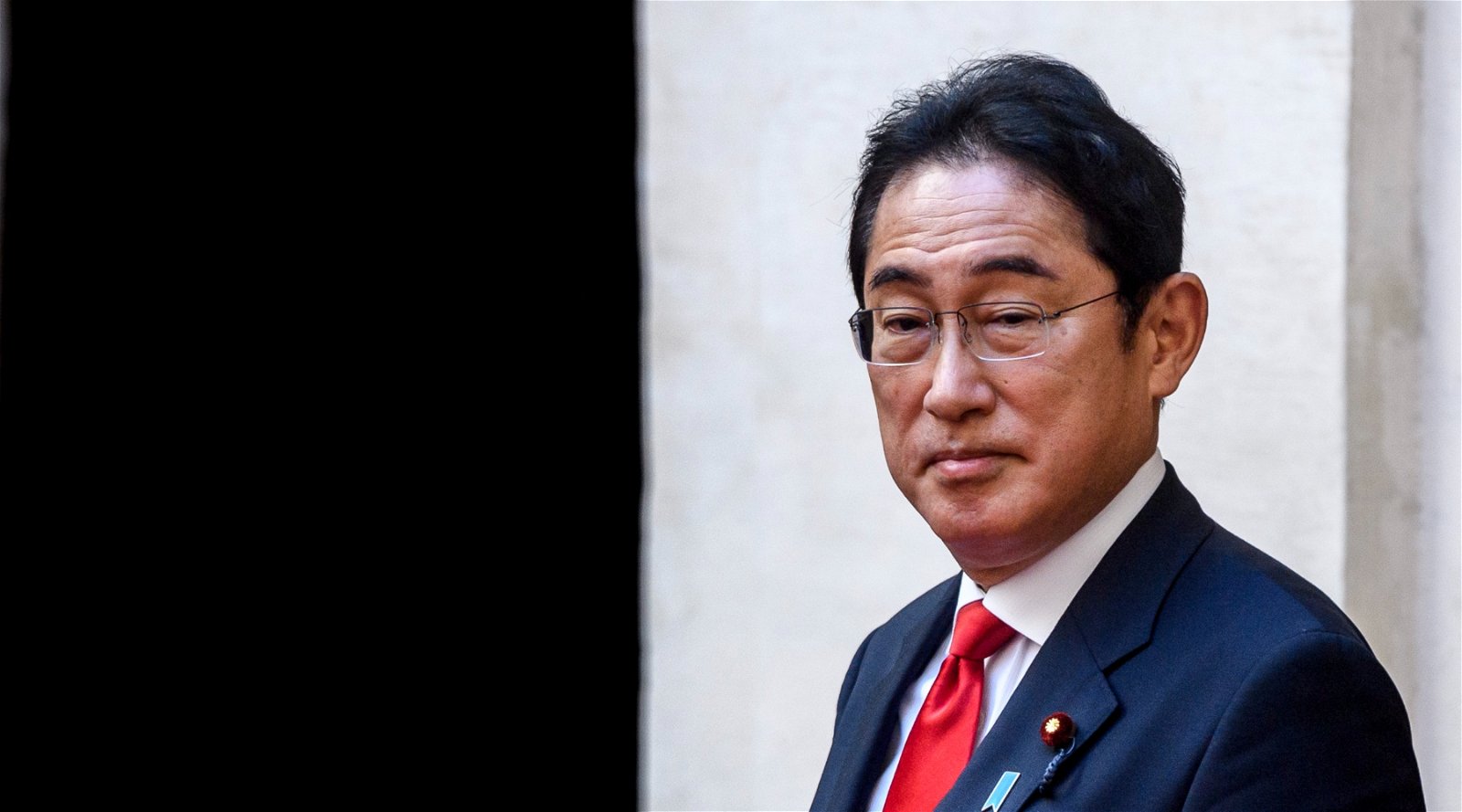
Japan has a 106 billion euro plan to mitigate inflation shocks
Japanese Prime Minister Fumio Kishida announced that the government will use a budget of 17 trillion yen (106 billion euros) to absorb economic shocks caused by inflation.
Why is this important?
We saw inflation rise in almost all advanced economies when coronavirus measures were lifted. People were eager to start consuming again, all at the same time. In Japan, inflation reached 2.5% in 2022. Projections for 2023 were raised from 2.5% to 2.8%. The Bank of Japan’s inflation target is 2%, just as in Europe. The government intervenes.In the news: €106 billion to combat inflation, and €136 billion even when government loans are included.
Japanese Prime Minister Kishida said: “The Japanese economy sees a great opportunity to enter a new phase for the first time in three decades.” “That’s why we need to help companies increase their profitability and generate revenue to increase wages,” he said CNBC.
- Stimulus measures include temporary cuts in income and housing taxes.
- Support is also provided to confront rising gasoline and energy prices.
- To finance this proposal, the government will establish an additional budget of 82 billion euros. This money is partly found in high tax revenues, which the government has collected thanks to economic growth.
Cost-effective?
With an inflation rate estimated at 2.8% for this year, the currency devaluation exceeds the target of 2%. However, this goal is not miles away.
- In the eurozone, the inflation rate in the last measure, the figure for October, was 2.9 percent. In the United States, this percentage is 3.7 percent. The difference is in expectations. Inflation is expected to decline in the Eurozone and the United States, while in Japan it is still expected to reach 2.8% for 2024.
- Whether these measures are best is a matter of debate. Takahide Kiyoshi, former executive director of the Bank of Japan, said: CNBC That policy is not cost effective.
- “now Output gap (The difference between the potential and actual output of the economy, red.) In Japan, which turned positive in April and June, the economy does not need a stimulus package.
- In addition, there are no guarantees that the Japanese will actually use their tax advantages for consumption elsewhere. Kiyoshi, who now works as an economist at Nomura Research Institute, estimates that the impact on Japan’s GDP will be limited to 0.19%.
- Interest rates in Japan, which are usually lower than those in other economies, remain negative. (the biography/water)

“Travel enthusiast. Alcohol lover. Friendly entrepreneur. Coffeeaholic. Award-winning writer.”
